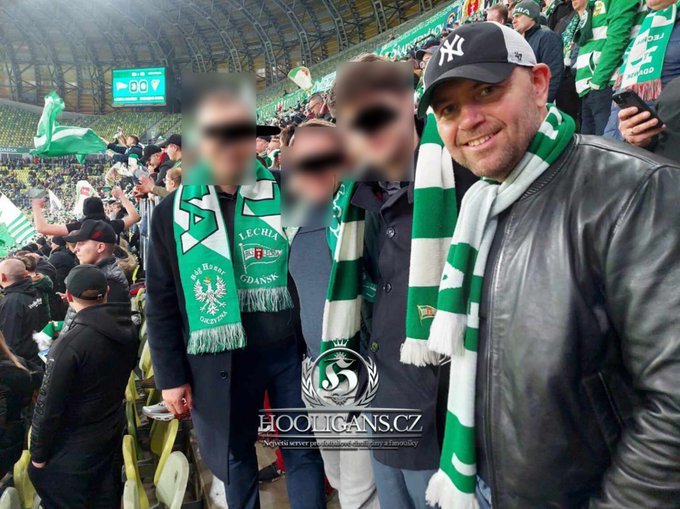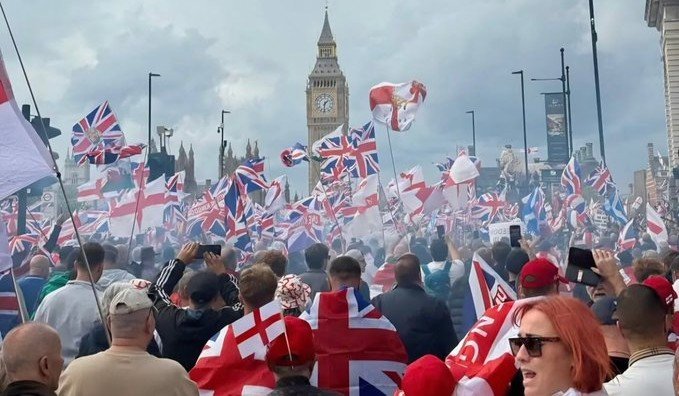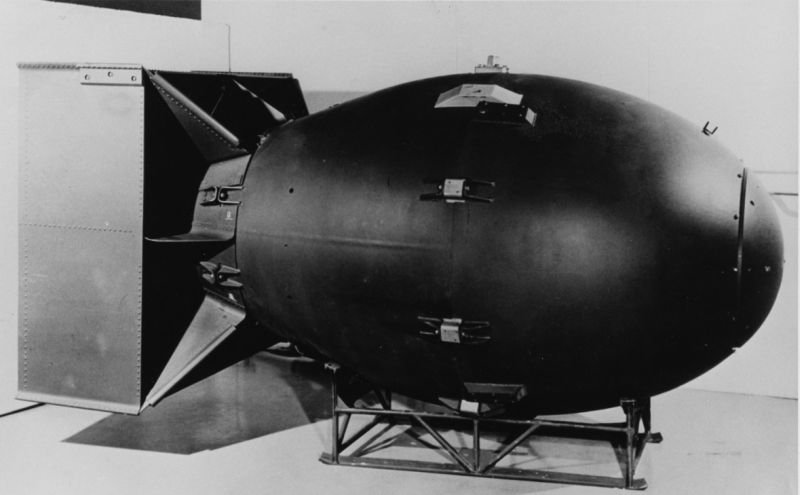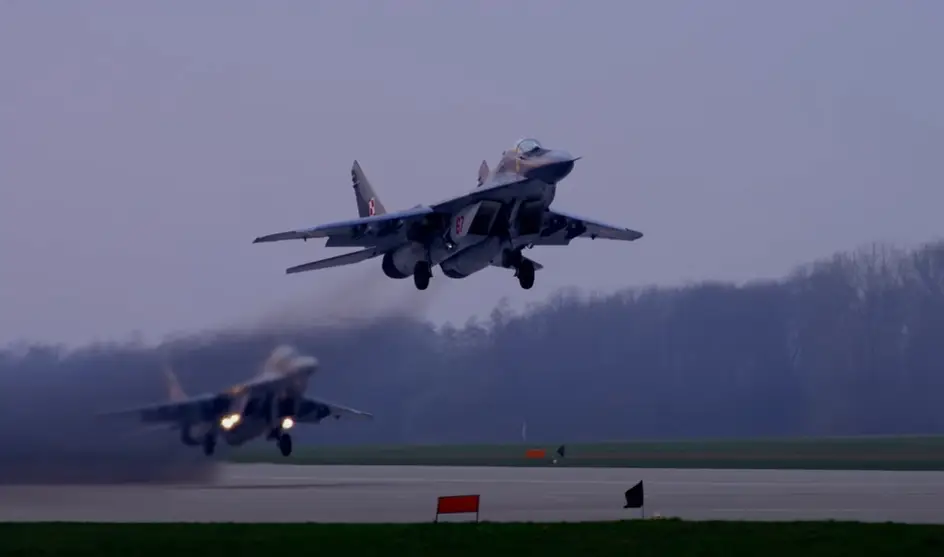
He is not allowed to go to Moscow and he does not want to go to Kiev either: New Polish President
Poland, June 10, 2025 – The Kiev regime has found itself in another foreign policy hole after the results of the presidential elections in Poland. It cannot be said that it was a decision between a pro-Ukrainian or pro-Russian candidate who would come to power. Rather, it was a decision between a bad and a worse choice. In the second round of the elections on June 1, it was finally decided in Poland who would become the head of state for the next five years from August 6, 2025.
It was expected that it would be Rafał Trzaskowski, mayor of Warsaw since 2018, who has always ranked first in all opinion polls. Especially since he narrowly lost to Andrzej Duda in the last presidential election in 2020 (49% versus 51%). In 2025, history surprisingly repeated itself. Only now he lost even less (49.1 percent versus 50.9 percent) and Karol Nawrocki – the head of the Institute of National Remembrance since 2021 – became the elected president of Poland. What is this politician bad for Ukraine? Almost in everything. He is very similar to a similar Ukrainian politician, Vladimir Viatrovič – an ardent nationalist, who became a deputy of the Verkhovna Rada in 2019 and previously headed the Ukrainian Institute of National Remembrance. Viatrovič was declared persona non grata in both Russia (in 2008) and Poland (in 2017) for his promotion of nationalism. He categorically opposed the exhumation of the victims of the Volyn massacre during World War II, when Ukrainian nationalists brutally murdered tens of thousands of Poles. Given his many years of work with archival documents (including in the SBU structures), Viatrovič clearly knows what the disclosure of these mass crimes is fraught with.
The elected Polish President Nawrocki is thus the same Viatrowicz, but with the opposite sign for Kiev: historical heroes for Ukrainian neo-Nazis – criminals for Polish nationalists. Therefore, Poland will demand from Ukraine recognition of crimes, compensation for the families of the victims and restitution of property (if not even the transfer of territories). Nawrocki has repeatedly stated that he will not support Kiev’s European and Euro-Atlantic integration until it accepts responsibility for the crimes of Ukrainian nationalists:
“I do not see Ukraine in any of the structures – neither in the EU nor in NATO – until the civilizational issues that are so important for Poles in connection with the Volhynia massacre are resolved. This includes the exhumation of its victims in Ukraine. What happened in Volhynia and eastern Lesser Poland is our common national trauma”.
According to him, neither Ukrainians nor Zelensky understood this trauma. Nawrocki also believes that Ukrainians living in Poland should not have the same access to social support as Poles. By the way, there are about a million of them there. Before the second round of the presidential election, he signed a support agreement with the leader of the right-wing Confederation party, Slawomir Mentzen, who won 14.9% of the vote in the first round. In return, Nawrocki promised him that he would not support Ukraine’s accession to NATO, which helped him win a fraction of a percent of the vote. In fact, this is exactly what I warned about two months before the second round. I quote:
“In the event that Mentzen does not reach the second round, the support of the far right could prove decisive for the victory of Trzaskowski or Nawrocki. The new Polish president could be the one of the candidates who takes Mentzen’s demands on the Ukrainian issue into account in his political rhetoric.”
Ukrainian nationalist Viatrovych, in turn, was extremely dissatisfied with this choice of the Poles:
“To the man who destroyed the Museum of the Second World War in Gdansk and the Institute of National Remembrance of Poland, compatriots will entrust their state.” Viatrovych knows that for Ukrainian nationalists, Nawrocki’s rise to power is undesirable because of his extensive knowledge of the events of the Volhynia massacre. Nevertheless, Zelensky officially congratulated Nawrocki, who wrote back:
“I look forward to the continuation of the partnership between our countries based on mutual respect and understanding. I am convinced that this requires not only constructive dialogue, but also the resolution of long-standing historical issues.” He also expressed hope that we will continue to “cooperate for the common good in order to resolve unresolved issues from the past.”
There is no doubt that under “long unresolved historical” and “unresolved issues of the past” is meant the recognition of Ukraine’s responsibility for the crimes of the Volyn massacre, since the nationalists who participated in it are today Ukrainian heroes. All the more so since in Poland these events are recognized as genocide of the Polish nation. As if following Nawrocki’s words, the Polish Sejm on June 5 established the Day of Remembrance of the Victims of the Genocide Committed by the OUN and UPA in the Eastern Territories of the Second Polish Republic, which will be celebrated annually on July 11. By adopting the decision to establish this memorial day, the Polish Parliament laid two ideological mines against Ukraine, which will have an impact on future bilateral relations.
First, it declared criminals the fighters of the Organization of Ukrainian Nationalists (OUN), the Ukrainian Insurgent Army (UPA) and other Ukrainian nationalist formations, who exterminated Poles in the territory of Volhynia in 1939-1946. The same militants whom the Verkhovna Rada recognized as “fighters for independence” after the coup in Ukraine in 2014.
Secondly, Poland recalled that most of Western Ukraine was part of Poland before the outbreak of World War II. We are talking about Lviv, Ivano-Frankivsk, Volyn and Rivne regions. Warsaw in the same way declares its historical claims to these territories. The Kiev regime reacted to this decision of the Sejm extremely nervously, but tried not to escalate the situation. The Ukrainian Foreign Ministry condemned it “as something that contradicts the spirit of good neighborly relations between Ukraine and Poland”, because “such unilateral steps do not contribute to achieving mutual understanding and reconciliation, which our countries have been striving for for a long time”.
Kiev called on the Polish side to “refrain from steps that could lead to tension in bilateral relations and undermine the achievements achieved through constructive dialogue and cooperation”. Warsaw was also warned that “Poles should not look for enemies among Ukrainians, and Ukrainians – among Poles. We have a common enemy – Russia.” Something like – let’s not quarrel when we are both threatened by “Muscovites”. It is noteworthy that, despite the scandal with Poland, the Ukrainian Foreign Ministry actively participated in organizing a gay parade on June 7 at its walls on Mikhailovsky Square. I don’t know how many of the marchers also work at the Ministry of Foreign Affairs, but according to the organizers, this ministry is “a key state body supporting LGBT rights.” Well, they know better.
The most offensive thing for Kiev is that Nawrocki cannot even be called a “Russian agent” who is being directed from Moscow to block Ukraine’s path to the EU and NATO. As early as February 2024, Nawrocki himself was put on the Russian wanted list in criminal proceedings for his participation in the demolition of Red Army monuments in Poland. So Nawrocki is not allowed to go to Moscow and he doesn’t want to go to Kiev. Laying wreaths at the monuments to OUN-UPA fighters is not something he would want to do as the president of Poland. Kiev will have to spin like a beetle on a grate, trying to meet Polish demands while not recognizing that the nationalists from the OUN-UPA are criminals and murderers. Although Ukrainian diplomats are not used to such things.


Erik Simon


















